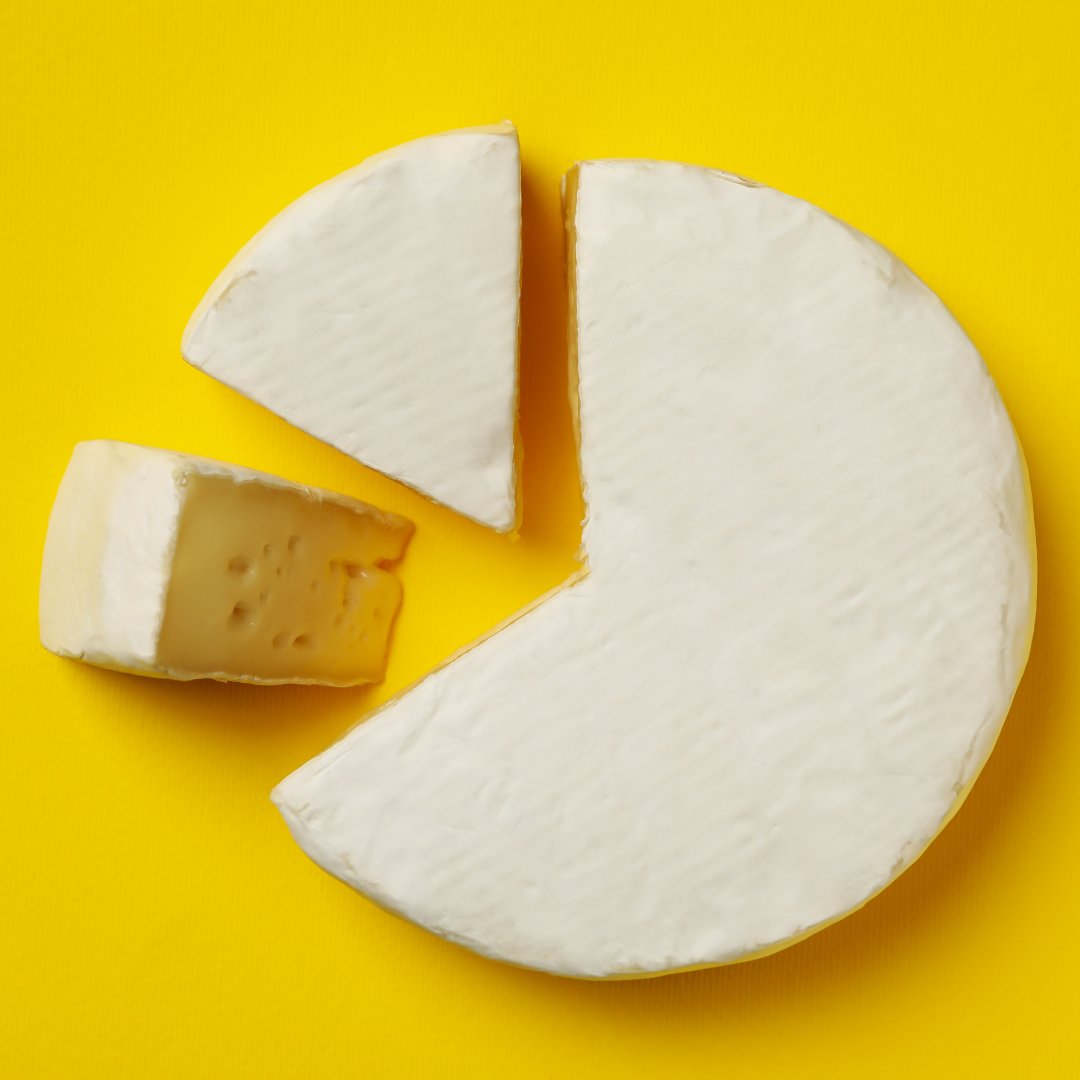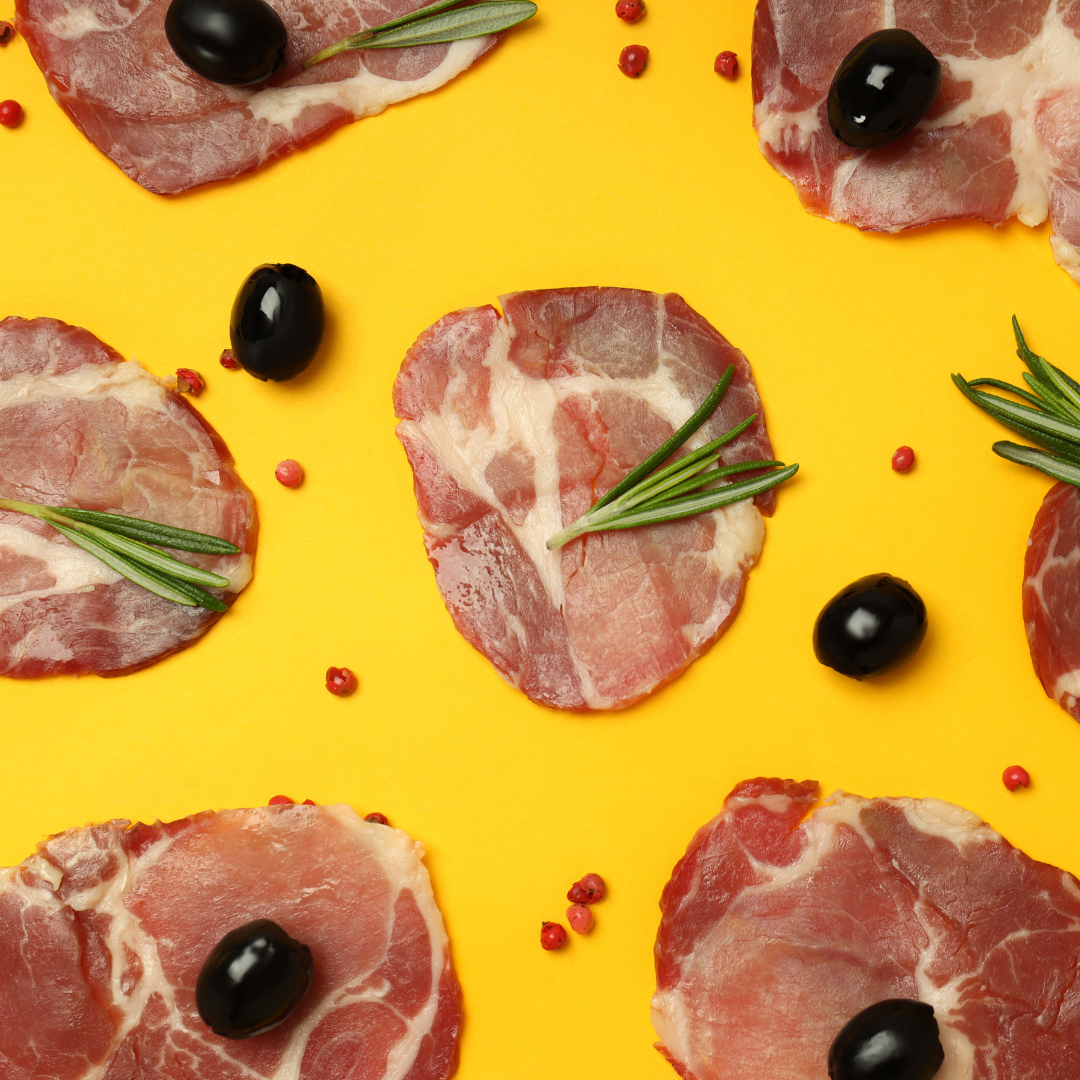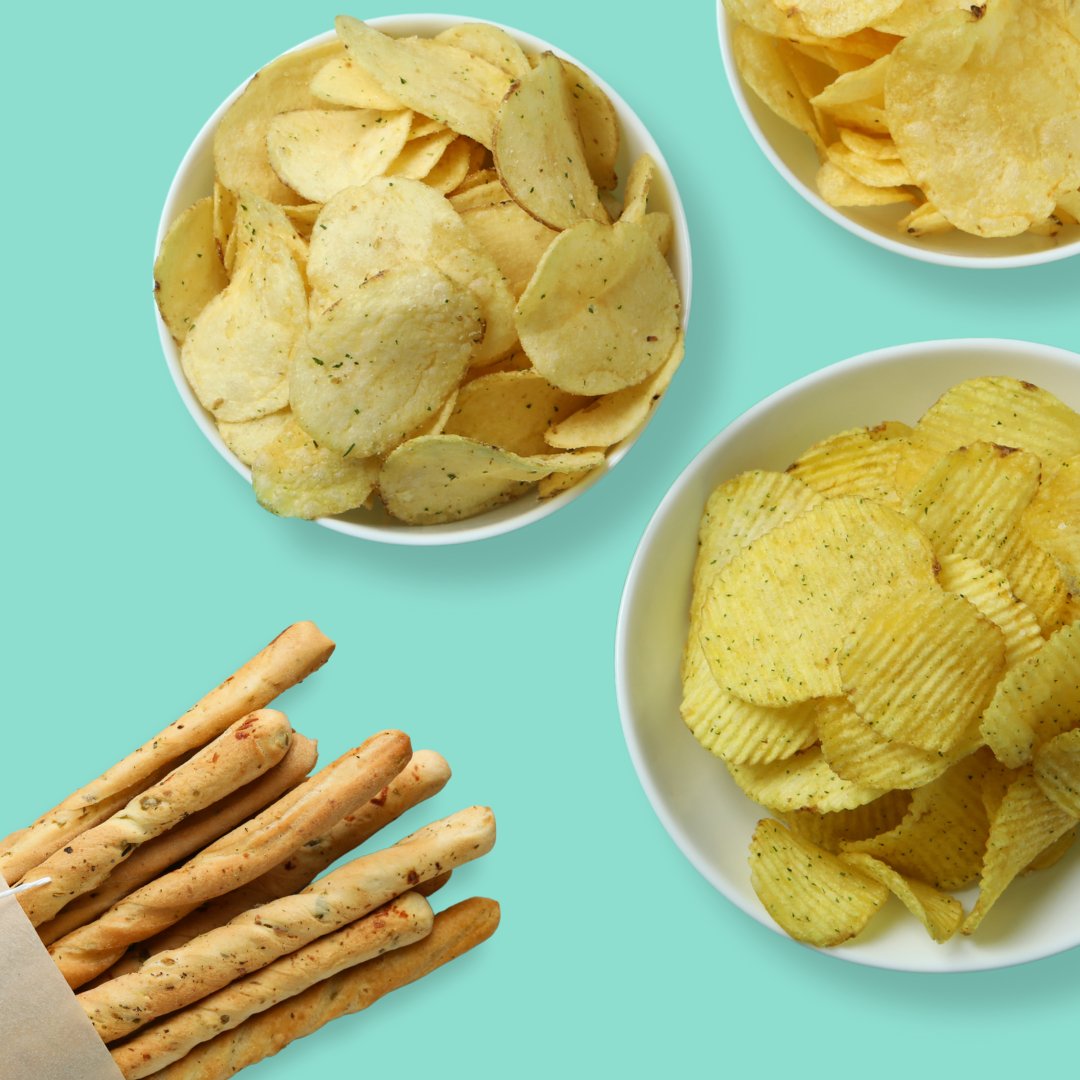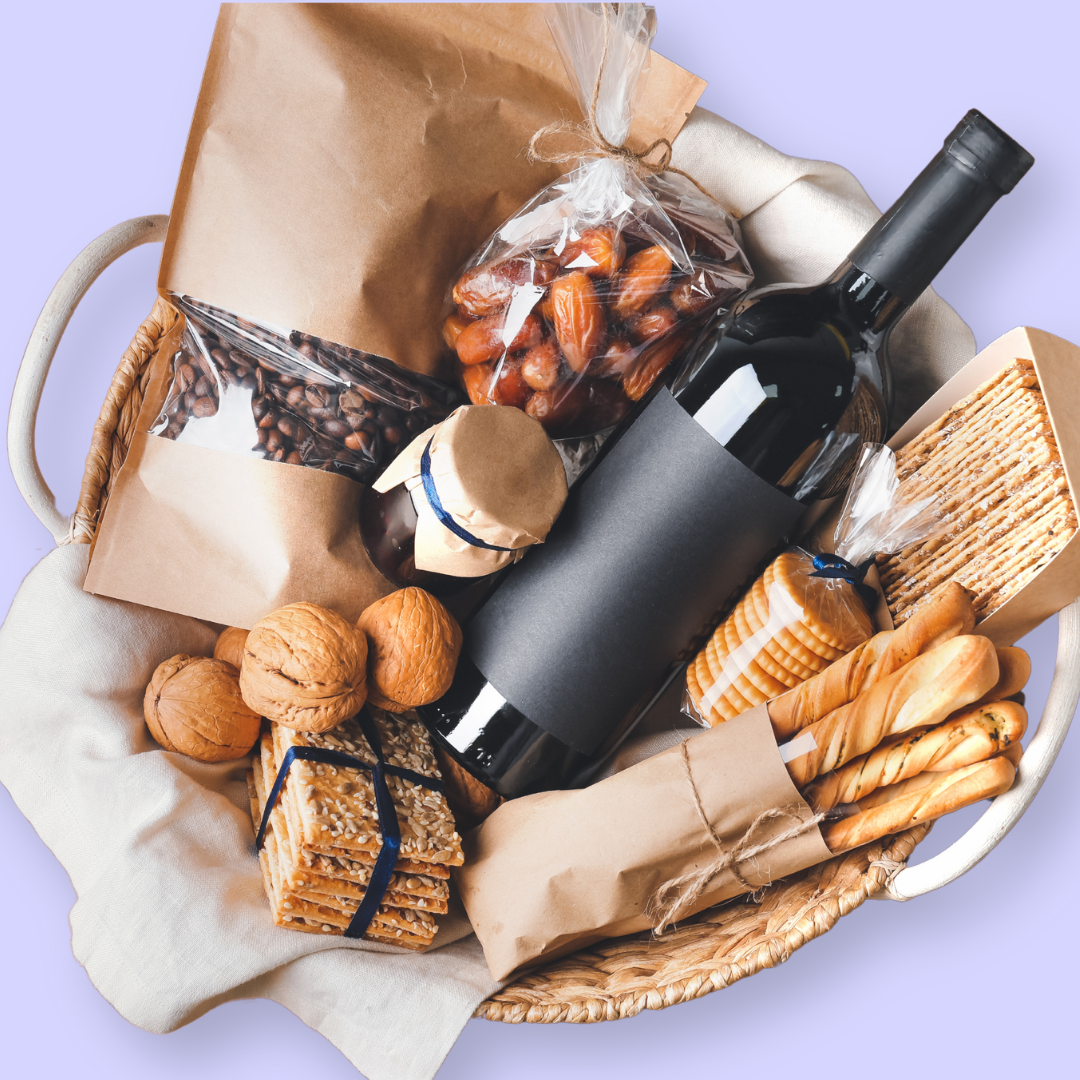
This store requires javascript to be enabled for some features to work correctly.
-
You're viewing DECANT SF. Switch to NAPA VALLEY.
-
Save 10% automatically when you add 12+ bottles to your cart!
-
PLEASE NOTE: MOST OUT OF STATE GROUND SHIPMENTS ARE CURRENTLY ON HOLD DUE TO FREEZING WEATHER.
Greece & The Levant
The Ancient World of Wine was centered in the Levant, in Greece, Cyprus, Lebanon, Israel, Palestine, and Morocco. Experience the rich history and tradition of these ancient wine-producing regions through their diverse and flavorful offerings.
-

-

Markou Vineyards 'Vareli' Savatiano, Attiki, Greece 2016
View all details -

Domaine Sigalas ‘A/a’ Assyrtiko-Athiri, PDO Santorini, Greece 2023
View all details -

Sclavos 'Monambeles' Mavrodaphne, Cephalonia, Greece 2020
View all details
Land Acknowledgement
We acknowledge that we are on the unceded ancestral homelands of the Ramaytush Ohlone (the original inhabitants of the San Francisco Peninsula) and the Wappo & Miwok (the original inhabitants of Napa County).
